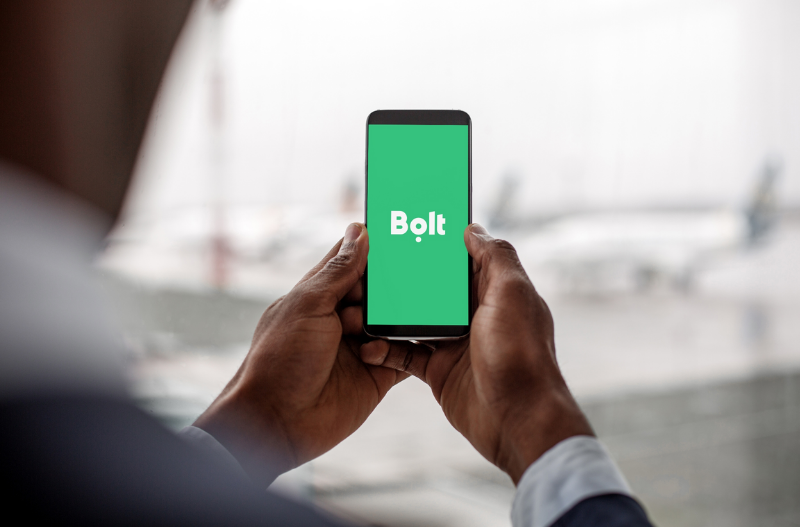Bolt Kenya has awarded 10 drivers with KSh 288,000 ($2,200) each in seed funding as part of its first-ever accelerator program. The awards, amounting to a total of €20,000 ($22,400) mark the culmination of a six-month program aimed at creating innovation in Kenya’s mobility sector. A Platform for Innovation The Bolt Accelerator, launched in April 2024, provided drivers with business training, mentorship, and funding to create innovative solutions for transport and delivery services. The program attracted over 800 applications from Bolt drivers and couriers, including ideas for electric vehicle charging
A beauty pageant controversy has ignited a cross-border feud between Nigeria and South Africa, with ride-hailing apps Uber and Bolt becoming the unlikely battlegrounds. The Miss South Africa controversy Last month, Chidimma Adetshina was forced to withdraw from the Miss South Africa contest after becoming a finalist due to xenophobic backlash. The 23-year-old law student says she was born in Soweto, South Africa to a Nigerian father and South African mother with Mozambican roots. After withdrawing from Miss South Africa, Adetshina later accepted an invitation to participate in Miss Universe
Kenyan drivers for ride-hailing platforms like Uber and Bolt are pushing back against unsustainable earnings by setting their own fares, defying the companies’ algorithmic pricing models. This rebellion is fueled by the rising cost of living and ongoing economic challenges in the East African nation, according to Reuters. Drivers Push Back Against Falling Fares Across Nairobi, drivers are feeling the pinch of a brutal price war between global and local ride-hailing companies, including Uber, Bolt, Little, and Faras. The fierce competition has driven fares to what many drivers consider unlivable
Uber’s rival, Bolt, has opened its first African headquarters in Nairobi, Kenya. The new office will serve as a regional hub for the top managers and staff running operations across the continent. Bolt, which Markus Villig founded in 2013, has more than 100 million customers in over 45 countries. The company operates in seven countries across Africa, including Kenya, Uganda, Tanzania, Nigeria, Ghana, South Africa, and Tunisia. The famous ride-hailing company decided to open its first regional hub in Africa due to rapidly growing demand. The head office will be
Bolt Plans To Sign-Up 200,000 New Drivers In Africa To Meet Growing Demand For Ride-Hailing Services
Bolt is planning to onboard an additional 200,000 drivers in Africa this year, as it kicks off an expansion to more cities within its existing markets while keeping up with the growing demand for e-hailing services across the continent. The news comes just days after it announced a fresh round of €628m (£52m) at a valuation of €7.4bn (£6.5bn). The round, led by Sequoia Capital and Fidelity Management and Research Company LLC, with participation from Whale Rock, Owl Rock, D1, G Squared, Tekne, Ghisallo, and others, brought the total raised
Bolt is set to roll out electric taxi options in South Africa four months after introducing e-bike food delivery services as part of its mission to expand across the continent rapidly. The move comes amid plans by Uber to test a carpooling and rideshare service in Nairobi, with ideas to also roll it out in Ghana and Nigeria. Bolt’s electric taxi option is part of the company’s “green category” initiative. The system lets riders only hail an electric or a hybrid vehicle – which is considered more environmentally friendly. The firm









